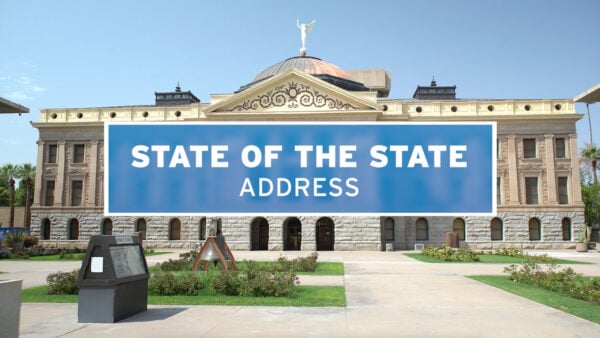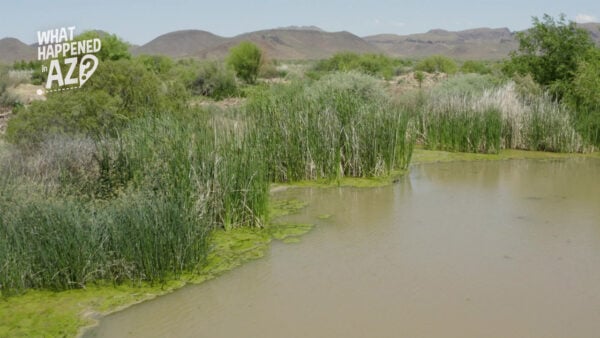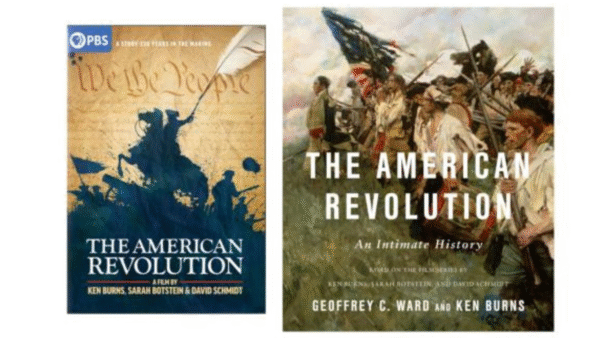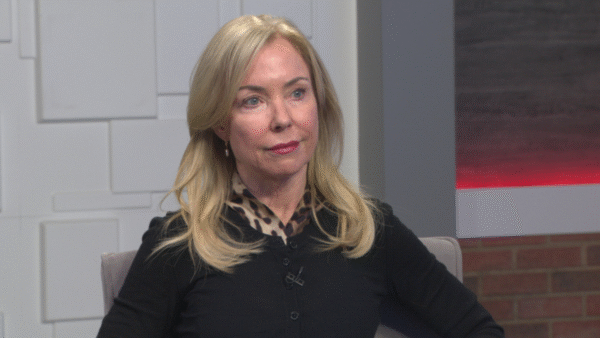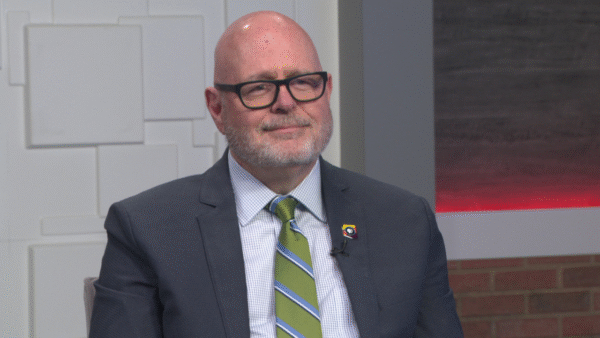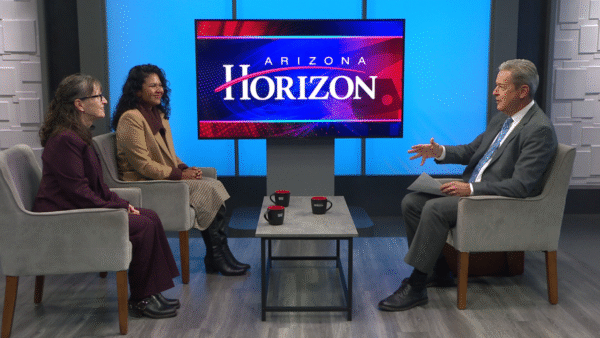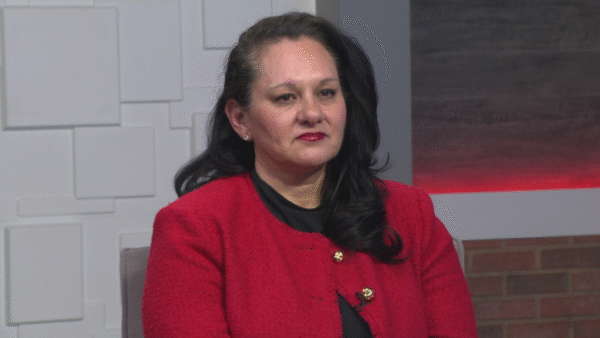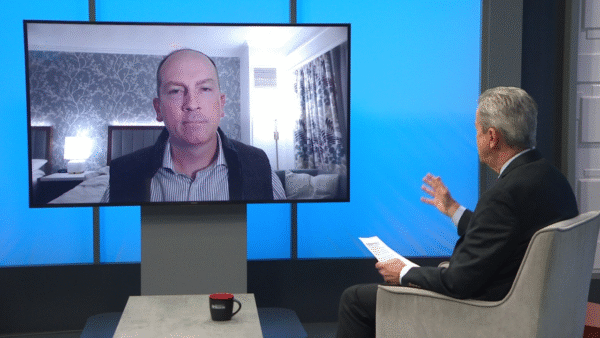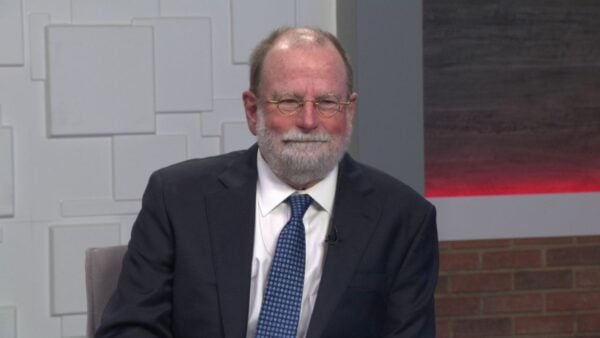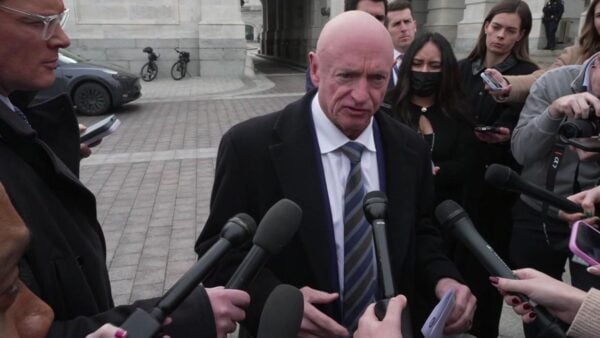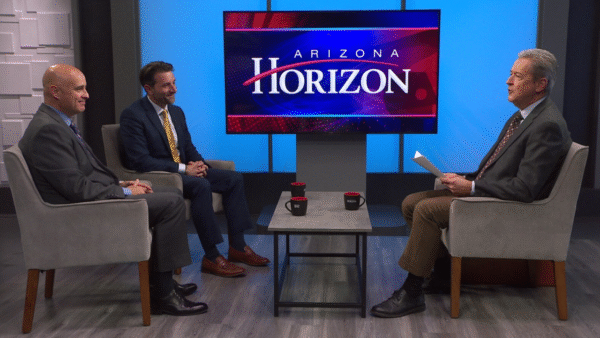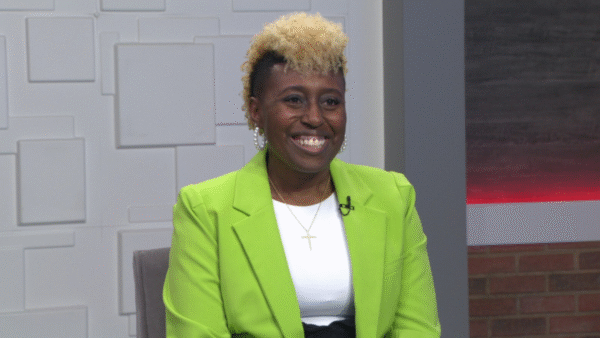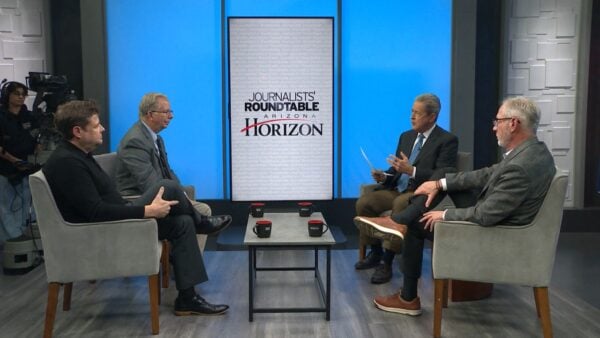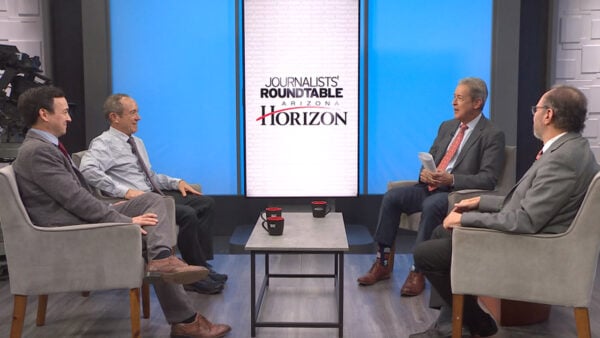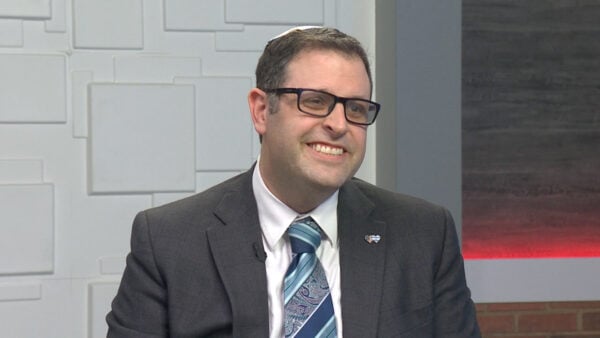Important redistricting case headed to Supreme Court
Dec. 12, 2022
The United States Supreme Court last week heard arguments in a North Carolina congressional gerrymandering case that questions the power of state legislatures in regulating federal elections. It’s a case that could impact Arizona.
The question on the table is how much authority the Constitution gives to state legislatures to run federal elections, as well as how much influence state courts have over that power.
Here to talk about the case is Attorney Stephen Montoya, a partner at Montoya, Lucero and Pastor.
What is the case, and what is the issue the justice seem to care about the most?
In 2019, the United States Supreme Court decided in Rucho v. Common Cause that federal courts could not consider electoral gerrymandering cases because they presented political questions not subject to judicial review, according to Montoya.
“But in Rucho, Chief Justice Roberts was careful to point out that state courts and state constitutions could still prohibit gerrymandering, and if there was a remedy for gerrymandering, it was to come from the states, not from the federal courts.”
The North Carolina electorate is split roughly evenly between Republicans and Democrats, Montoya said. The new district map would always give Republicans several more seats than the portion they represent. The Democrats sued and won before the North Carolina Supreme Court. The North Carolina legislature appealed, and the case now sits before the United States Supreme Court.
How would this ruling impact Arizona?
“Suppose the democrats take over both houses of the state legislature, and then suppose the republican wins the vote count for a senator for the next senatorial campaign and a republican wins. A ruling favoring North Carolina republicans would allow Arizona democrats to overrule the election and allow the state of Arizona to send a democratic senator to Washington even though the democratic senator lost the election held by the people. It makes the legislature supreme above the people and also above the state constitution.”
“It is an awful lot of power, in fact it’s an unprecedented amount of power, and it really is crazy because the Republicans of North Carolina admitted that the governor could veto what the legislature did. Well the governor’s not part of the legislature, how can the legislature be untethered to any standard if it’s subject to gubernatorial veto. Why can’t it also be subject to court veto when what the legislature’s doing violates the state’s constitution, which is a product of the people’s will?”
